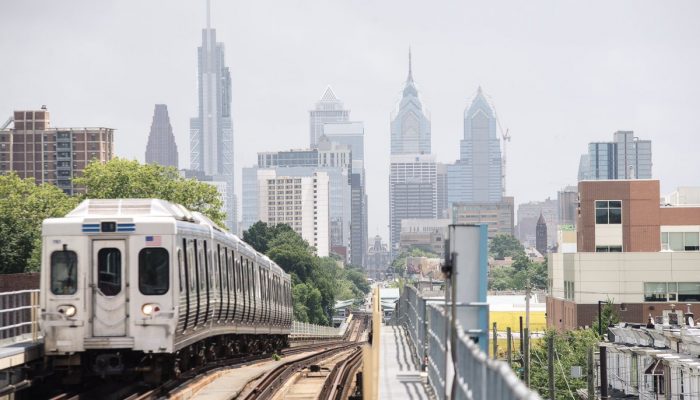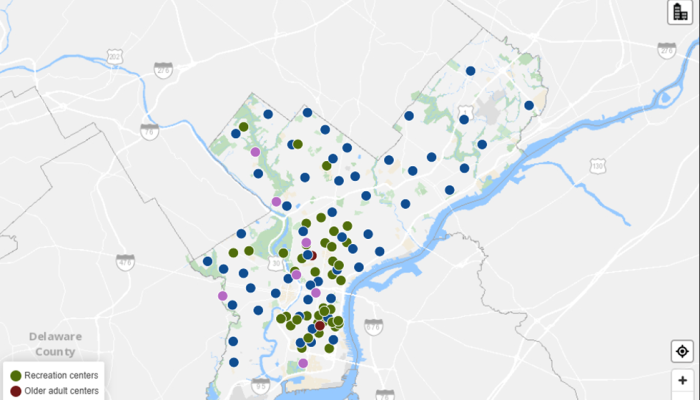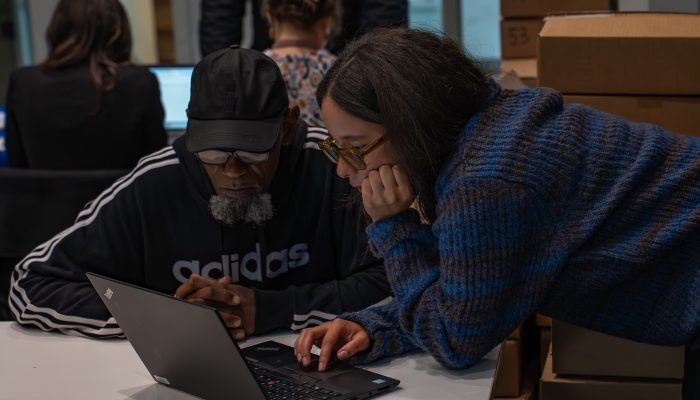Blog Post by Joanna Hecht, Pitch and Pilot Fellow, Office of Innovation & Technology
SmartCityPHL focuses on using technology to improve services in Philadelphia. In partnership with SEPTA, we’re asking how augmented reality (AR) can improve the public transit experience for people with disabilities through the “SEPTA for All” challenge. After two rounds, we’ve selected four finalists to develop prototypes of their ideas for making transit more accessible, welcoming, and comfortable for people with disabilities.
Gensler
Gensler is designing a product that will provide a complete, real-time path of travel for people with mobility, visual, or hearing disabilities. Users will be able to navigate barriers, find critical entry and exit points, and safely access and enjoy public transportation.Gensler is a global design firm with a strong footprint in Philadelphia.
EXAR Studios
EXAR Studios will augment the user experience of transit by connecting passengers and visitors to the arts, culture, and deep history of Philadelphia during their journey.
The Engage ARt application will make use of audio and visual information to ensure a broad audience can experience Philadelphia’s culture. As mobility, accessibility, culture, arts, and tourism are connected, innovation at this cross section is key to a smarter and more inclusive city. Future add-ons can include pathfinding, improved positioning for wayfinding, and information on accessible tourist destinations and experiences.
Metaverse Technologies, Inc.
Metaverse Technologies is developing a virtual transportation assistant that facilitates travel for people with disabilities using an area’s regular transportation network. Their solution uses augmented reality to identify crosswalks, traffic lights, transit lines and stops, and points of interest to a user through an AR headset. It integrates with several other functions including trip planning, precise guidance, personalized interfaces, and live support. Key features of the solution include:
- Alerts that can be heard, viewed, or felt, depending on user preference;
- Location guidance that uses multiple data sources and artificial intelligence to increase accuracy; and
- Custom routing to frequent destinations.
XR4U
The XR4U team is creating a prototype that could serve as an alternative to automatic stop announcements on public transit vehicles. The mobile app would allow passengers to enter their destination and receive notifications about upcoming stops that incorporate real-time information about detours, delays, and service changes.
Customizable features will ensure the app can serve people with a variety of disabilities. For example, vibrating or auditory notifications could alert blind or low-vision passengers to upcoming stops. Users who may need advance notice as their stop nears can opt for alerts a few stops ahead of time.




